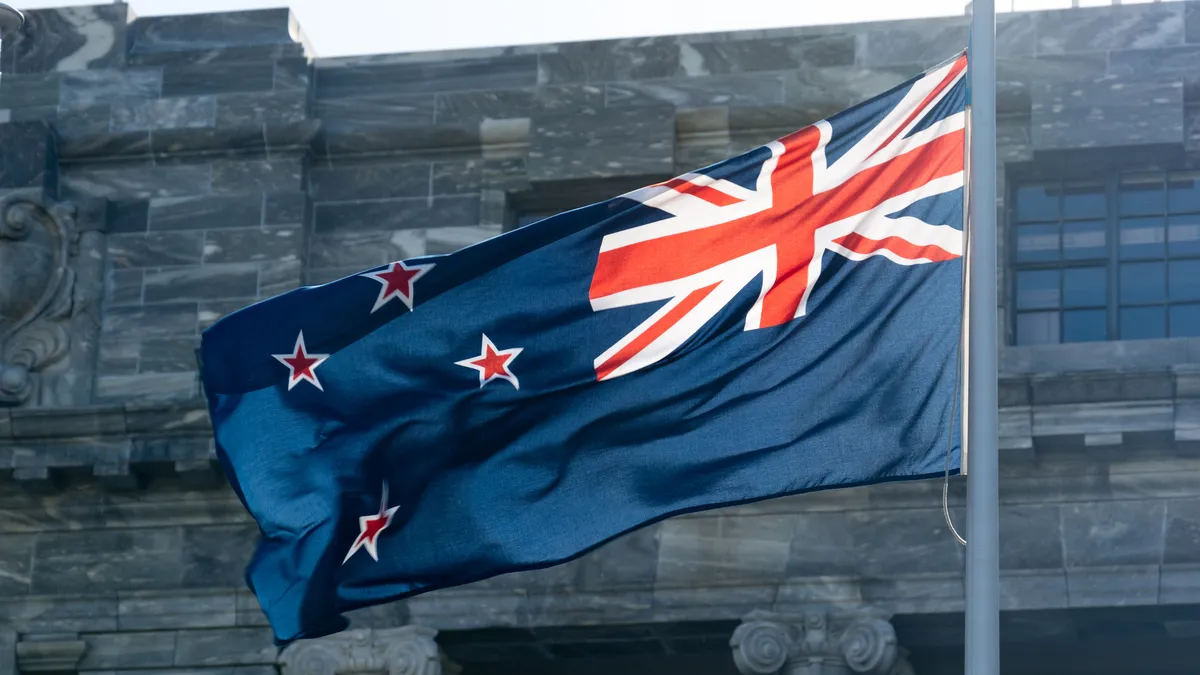Dive Brief:
- Personal care products with plastic microbeads will be banned in New Zealand starting on July 1, 2018. This includes items such as deodorants, hair products, skin care products and makeup, as reported by Plastics News.
- The penalty for any company that sells these products will be a maximum of approximately $73,000 USD.
- The policy has been supported by environmental groups, but Greenpeace New Zealand said it doesn't go far enough and also needs to include microplastics that are present in products such as laundry detergent.
Dive Insight:
While New Zealand may be small, the country sees this as a symbolic way to reemphasize its support for reducing marine plastic pollution. Last year, the U.K. announced plans to ban the use of microbeads in many consumer products in 2017, though that may run up against E.U. trade laws. Australia has also considered a similar policy.
President Obama signed the Microbead-Free Waters Act into law in 2016 with broad support from plastic industry groups such as the American Chemistry Council. This preempts any existing state laws and requires manufacturers to stop using microbeads smaller than 5 millimeters in their products by July 2017. The law will take full effect in July 2019.
The environmental effect of these small plastic pieces on marine life is one of the main drivers behind policies to get rid of them. This fits into an oft-cited statistic from the Ellen MacArthur Foundation that oceans will contain more plastic than fish (by weight) by 2050. Efforts to ban or regulate other plastic products such as bags, straws or polystyrene foam containers for the same reason have often been met with more resistance.















